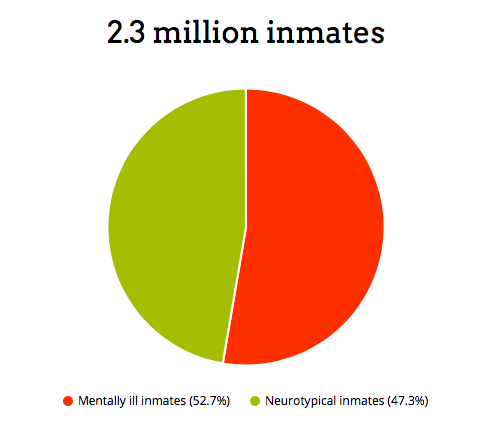We always wonder what exactly it is that one means when they say they have an eating disorder. Is it just when you eat too much on those stressful exam days or your nerves just cause a lack of hunger on the day of a competition? Or is it something that really just goes much beyond what we see on the surface? Eating disorder as defined in diagnostic manuals is an illness that is characterized by irregular eating habits and severe distress or concern about body weight or shape. Eating disturbances may include inadequate or excessive food intake which can ultimately damage an individual's well-being. This however is not something that happens just because of a day or event but is a prolonged series and repetitive cycle.

Eating disorders can be of several types. Some of the most common ones include - Anorexia nervosa and Bulimia nervosa. They generally develop during adolescence or young adulthood and tend to affect more women than men. Binge eating disorder typically begins during adolescence and early adulthood, although it can develop later on.
However when we hear people talk about eating disorders, some of the most common things we hear are - "It is a way to get attention", "It is a choice or lifestyle, not an actual illness", "Getting better is just a question of eating", "People with a normal body weight cannot have an eating disorder", "You're so fat, how can you have an eating disorder", "It's a 'girl' thing" and "The list can keep going on".
We need to understand that these are myths and they need to be busted. Eating disorders are not fictional or just another figment of the imagination. They are as real as any other. Eating disorders are not always visible in a person's physicality. Eating disorders are not a choice. They are complex medical and psychiatric illnesses. They can be affected by genetic, biological, environmental, and social elements all play a role. Eating disorders commonly co-occur with other mental health conditions like major depression, anxiety, social phobia, obsessive-compulsive disorder. They have the highest mortality rate of any psychiatric illness and suicide is also common among individuals with eating disorders. People who struggle with eating disorders also have intense emotional distress and a severely impacted quality of life. They are not just a woman's illness. A recent Harvard study found that closer to 25 percent of individuals presenting for eating disorder treatments are male.
There are several websites that help and support the recovery of people with eating disorders. The slightest bit of research and knowledge can go a long way with each one of us. It is extremely important to help everyone around you feel loved and validated, that they are enough and beautiful, that all their problems matter just much as anything else for them to be able to open up to us and talk to us about it, to not feel embarrassed of getting the help they deserve.